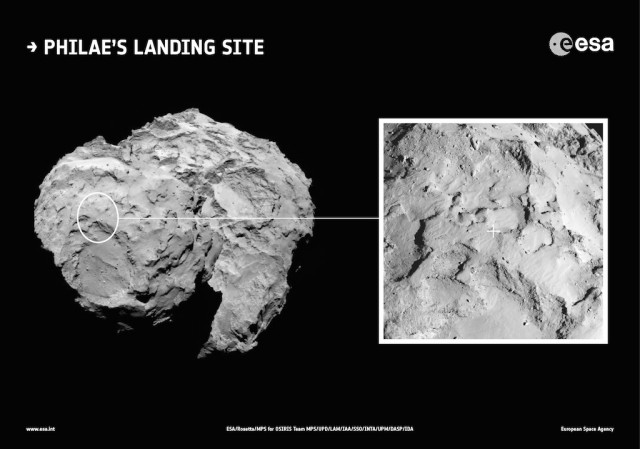A giant black hole in a tiny galaxy
The uncertainty of science: Astronomers have unexpectedly discovered a supermassive black hole in the center of a nearby tiny galaxy, comprising almost 18% of the galaxy’s entire mass.
To weigh the beast, the researchers measured the velocity of stars whipping about the galaxy’s centre using an infrared spectrometer on the Gemini North telescope atop Mauna Kea in Hawaii. The high velocity of the stars is best explained by a central black hole that tips the scales at 21 million times the Sun’s mass, concluded Seth’s team. That is more than five times heavier than the black hole at the centre of the Milky Way — even though M60-UCD1 has an estimated diameter of about one-six-hundredth that of our home galaxy.
Previously astronomers had believed that the size of a galaxy would predict the size of its central black hole, and that a galaxy this small would not house such a supermassive object. This find upsets those theories.
The uncertainty of science: Astronomers have unexpectedly discovered a supermassive black hole in the center of a nearby tiny galaxy, comprising almost 18% of the galaxy’s entire mass.
To weigh the beast, the researchers measured the velocity of stars whipping about the galaxy’s centre using an infrared spectrometer on the Gemini North telescope atop Mauna Kea in Hawaii. The high velocity of the stars is best explained by a central black hole that tips the scales at 21 million times the Sun’s mass, concluded Seth’s team. That is more than five times heavier than the black hole at the centre of the Milky Way — even though M60-UCD1 has an estimated diameter of about one-six-hundredth that of our home galaxy.
Previously astronomers had believed that the size of a galaxy would predict the size of its central black hole, and that a galaxy this small would not house such a supermassive object. This find upsets those theories.

